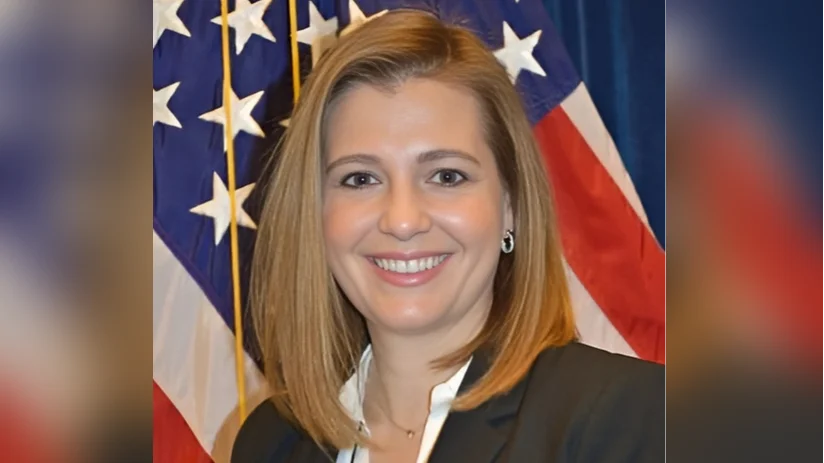Sayler A. Fleming, U.S. Attorney | U.S. Attorney' Office for the Eastern District of Missouri
Sayler A. Fleming, U.S. Attorney | U.S. Attorney' Office for the Eastern District of Missouri
A St. Louis man has been sentenced to 10 years in federal prison after pleading guilty to being a felon in possession of a firearm, following an incident where he was accused of pointing a gun at a 7-year-old boy.
Dwight Byrd, 59, admitted during his plea that on September 7, 2023, witnesses told officers from the St. Louis Metropolitan Police Department that he threatened the child by pointing a black handgun at him and saying he would “teach him some (expletive) respect.” After police spotted Byrd, he ran into his home and changed clothes before surrendering. Officers recovered a loaded black 9mm handgun with a chambered round near the stairs leading to Byrd’s second-story apartment, as well as a .38 special revolver and additional ammunition inside his residence. At the time of the offense, Byrd was on parole for a state drug conviction.
Byrd acknowledged at Thursday’s sentencing hearing that prosecutors could prove by a preponderance of evidence that he pointed the gun at the child.
In her letter to U.S. District Judge Henry E. Autrey, who handed down the sentence, the victim’s mother wrote: “We are all traumatized, and he probably still doesn’t care.”
Assistant U.S. Attorney Nino Przulj noted in court and in sentencing documents that Byrd had prior robbery and drug convictions involving three other incidents where he pointed or fired guns at others.
The case was investigated by the St. Louis Metropolitan Police Department and prosecuted by Assistant U.S. Attorney Nino Przulj.
This prosecution is part of Project Safe Neighborhoods (PSN), an initiative aimed at reducing violent crime and gun violence through coordinated efforts between law enforcement agencies and community organizations. The program’s updated strategy focuses on building trust within communities, supporting prevention efforts led by local groups, prioritizing targeted enforcement actions, and evaluating outcomes for effectiveness.





 Alerts Sign-up
Alerts Sign-up